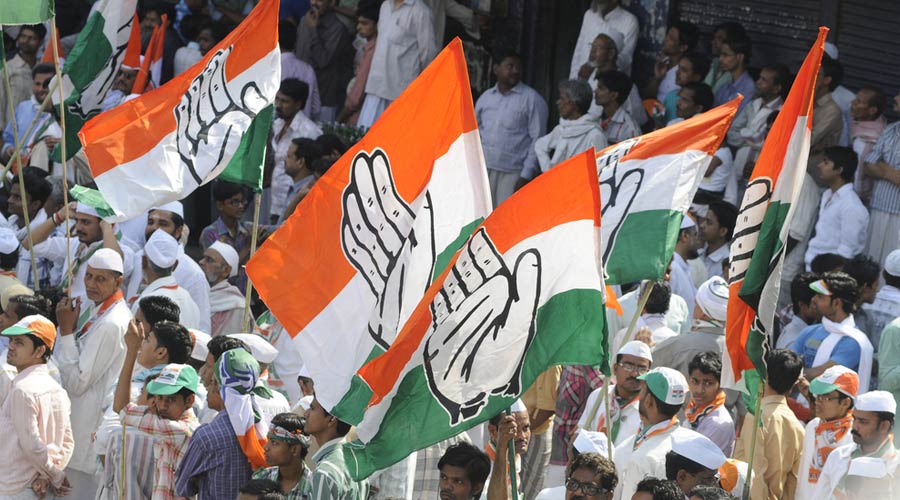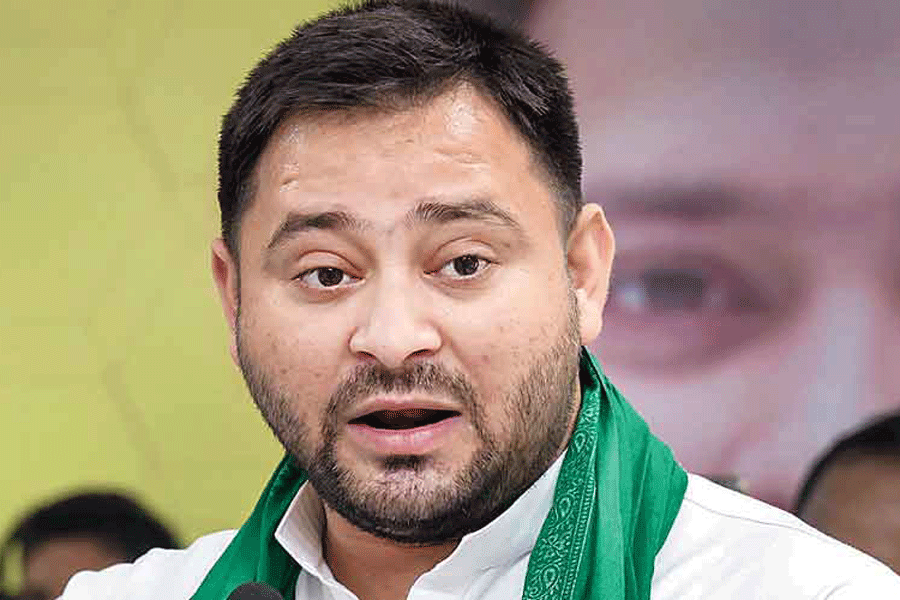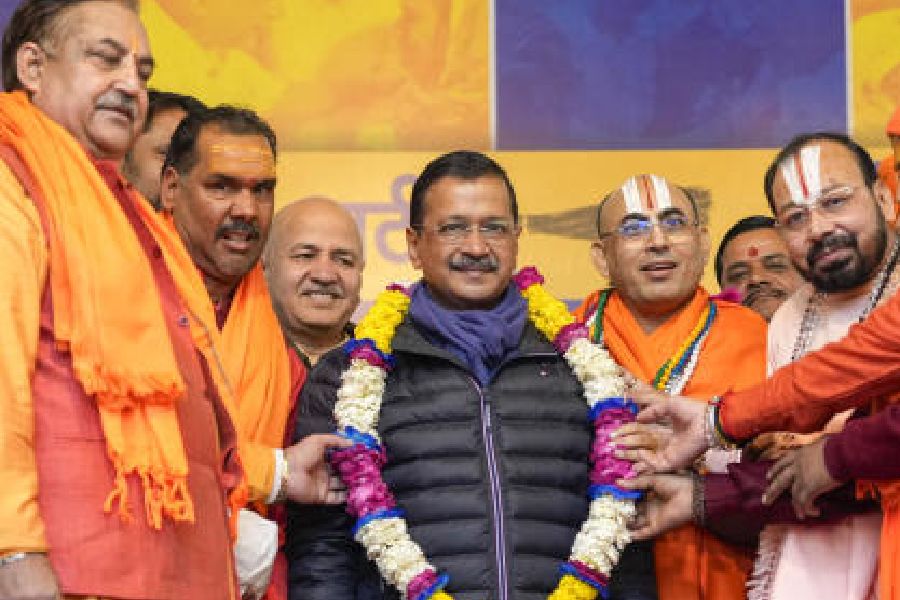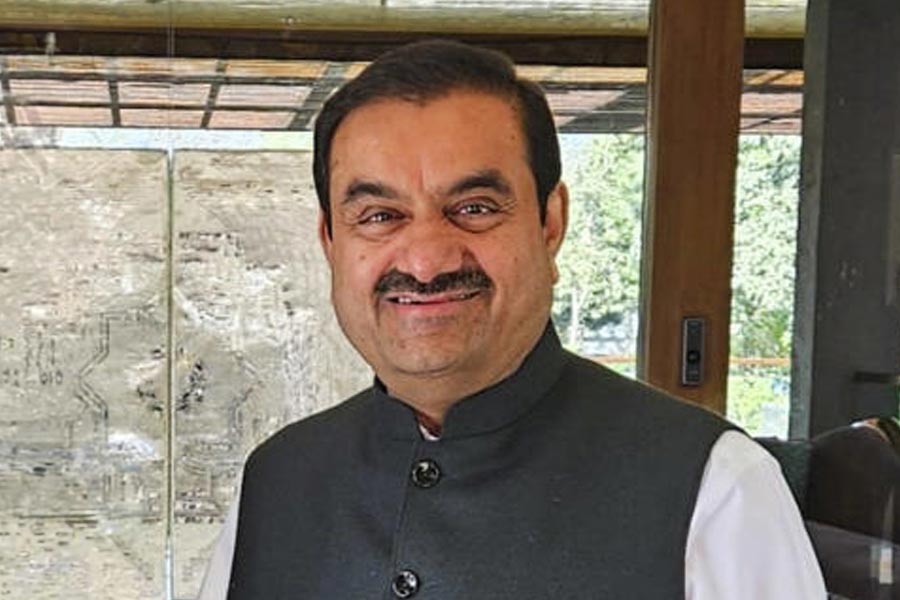I n a democracy, legitimate criticism of a ruling regime is not the only responsibility of a party in Opposition. What it must also conceive is an alternative vision that is acceptable to the masses. Commentators on Indian politics have argued, not without reason, that one of the principal factors that has helped the Narendra Modi regime cement its place in power is the Opposition’s failure to craft a template of governance that would find public resonance. The Congress seems to have woken up to the need for such a module — at long last. At its 85th plenary held in Raipur, Chhattisgarh, the party unveiled an agenda of governance that merits scrutiny. What is discernible from the draft is the Congress’s commitment to a structure of governance that strives, at least on paper, to be egalitarian — socially as well as economically. Thus, there is emphasis on a vibrant legal edifice that includes the pledge of a legislation against hate crimes. Mindful of the ravages that the pandemic inflicted on India, the party has also spoken of a healthcare law that would protect households against debilitating costs of medical treatment. The Congress has also underlined the need to prioritise public welfare in its economic outreach. Thus, there has been emphasis on a minimum income guarantee, direct cash transfers for housewives as well as educational assistance for the poor. This thrust on inclusive social welfare seeks to challenge Mr Modi’s seeming condescension for welfarism that the prime minister has dismissed as ‘rewadi’ culture.
Political imperatives undoubtedly underpin this model of governance. The distinct policy shift towards the welfare of those on the margins had served the party well during its stints in power in 2004 and 2009. The Congress would be hoping that such an inclusive programme would help it reclaim the ground that it had ceded among the socially disadvantaged groups that have, of late, veered towards the Bharatiya Janata Party. The real challenge for the party would be to discover a prudent language to communicate its views on governance to the electorate. This will not be easy. India’s majoritarian turn has meant that collective attention is seldom focused on the greater good. Moreover, the BJP, given its domineering presence across all media formats, is a master in the dark art of spin. A sustained presence on the street, as Rahul Gandhi did with the Bharat Jodo Yatra, may help the Congress mobilise opinion more effectively.











